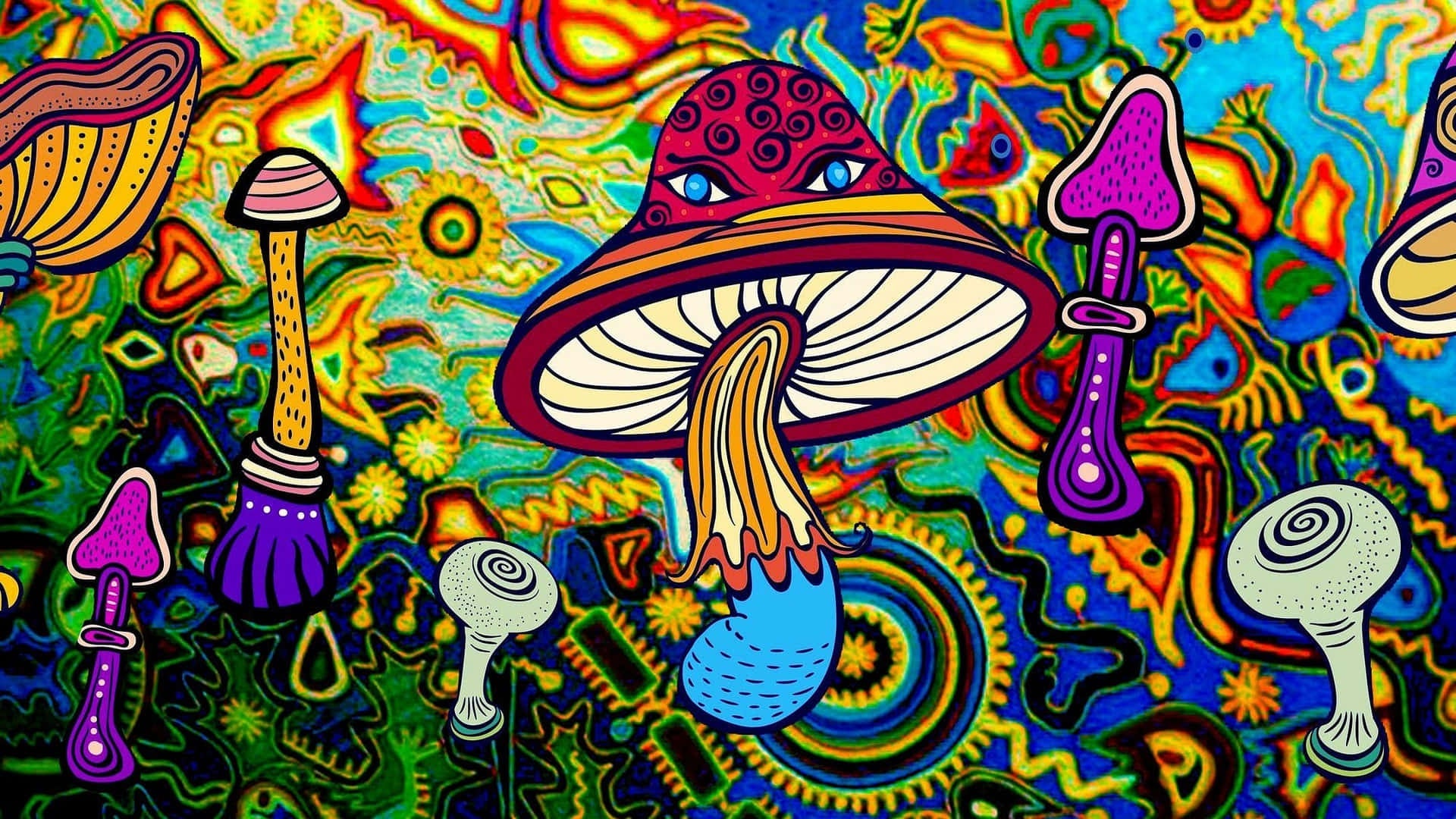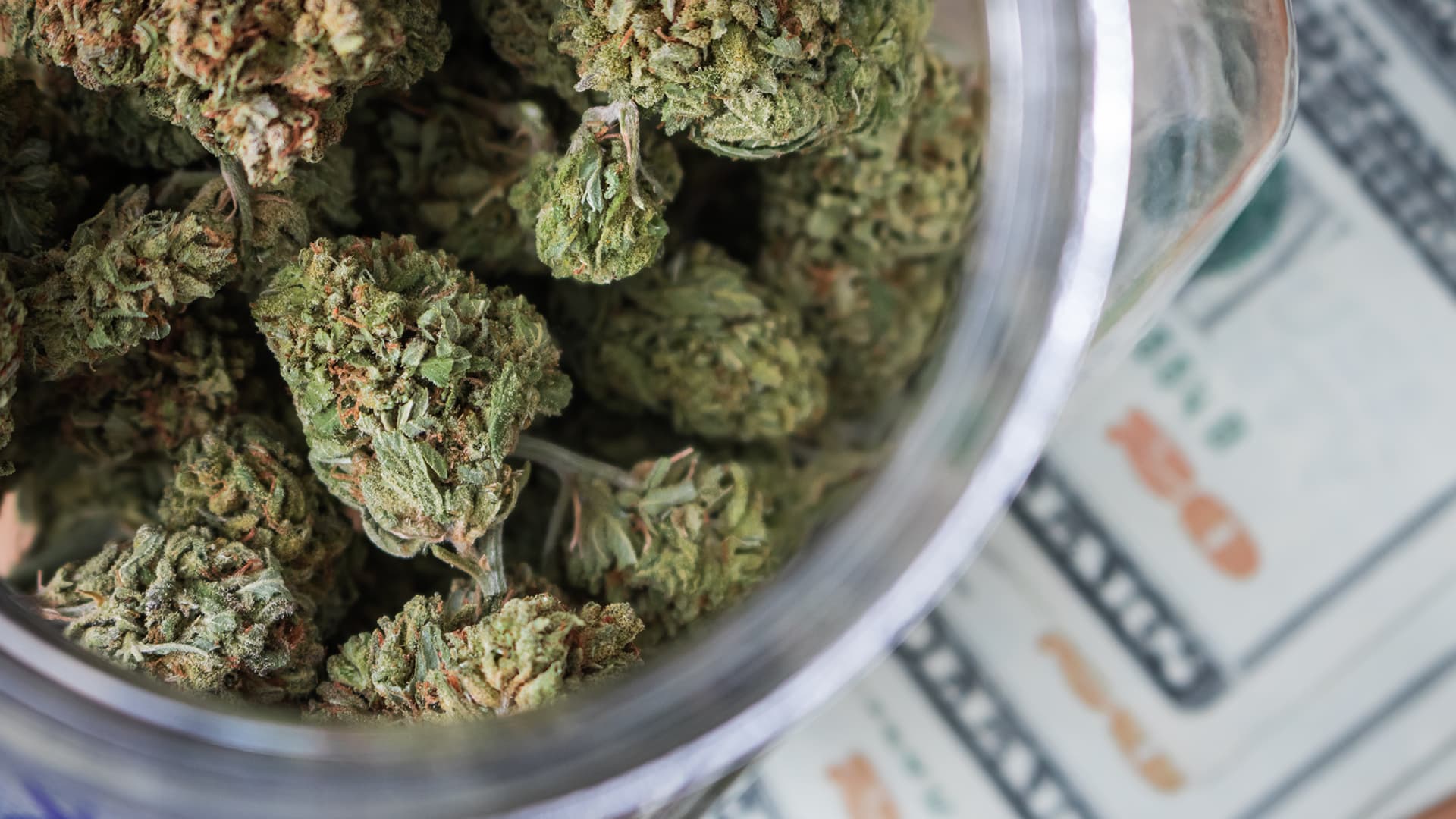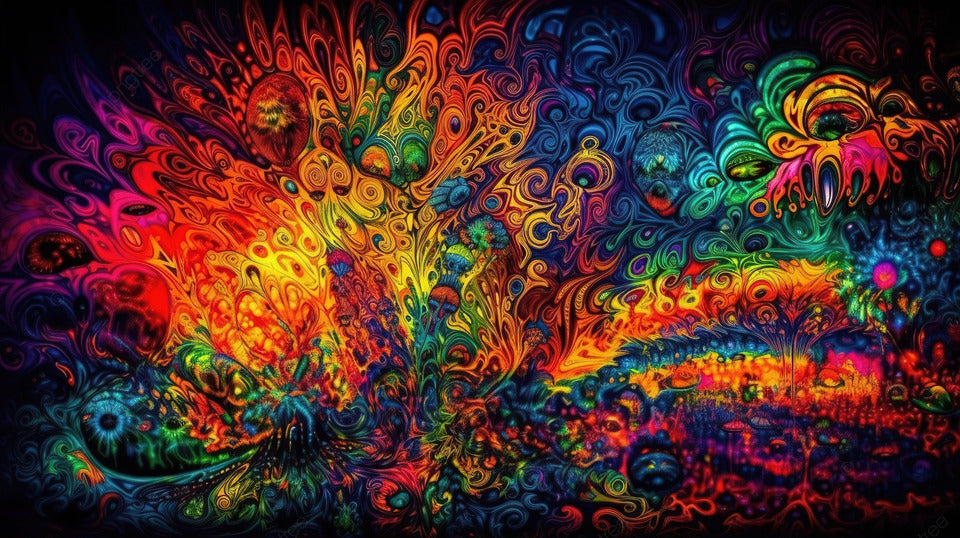
Mushrooms on the March: A Psychedelic Victory in the Heart of Academia
In the crisp autumn air of Ann Arbor, where the golden leaves of Michigan maples whisper secrets of transformation, a quiet revolution has taken root. On September 21, 2025, the University of Michigan's iconic Diag—a sprawling green expanse that's cradled everything from anti-war protests to jubilant graduations—will host a gathering unlike any other. Entheofest 2025, the fifth annual Psychedelics Festival, promises to bloom under a court-mandated sun, celebrating the mind-expanding wonders of psilocybin and its fungal kin. But this isn't just another campus fete with tie-dye stalls and acoustic guitars. It's a triumphant stand for free speech, a judicial smackdown against institutional caution, and a vivid reminder that even in the hallowed halls of higher learning, the spores of change refuse to be stamped out.
Picture it: hundreds of attendees, from wide-eyed freshmen to grizzled activists, converging on the steps of Hatcher Library. Booths brim with educational pamphlets on psychedelic therapy, art installations depicting neural fireworks, and speakers unpacking the latest research from Johns Hopkins and Imperial College London. No illicit sales, no chaotic raves—just informed discourse on substances that have danced on the fringes of legality for decades. Yet, this Psychedelics Festival nearly wilted before it could sprout, thanks to a university permit denial that ignited a fierce legal battle. The Michigan Court of Claims stepped in, ruling the rejection unconstitutional and ordering the green light. In a decision dripping with irony and intellect, Chief Judge Brock A. Swartzle declared, "The First Amendment is not without irony." As we unpack this saga, prepare for a journey through history, hubris, and hope—one that could reshape how universities navigate the thorny thicket of expression.
Spores of Change: The Entheofest Odyssey Unfolds
Entheofest didn't emerge from a vacuum; it's the fruit of a fertile ground tilled by Ann Arbor's bold embrace of the unconventional. Back in September 2020, the city council unanimously decriminalized a bouquet of entheogenic plants and fungi, including magic mushrooms (psilocybin), ayahuasca, mescaline, and peyote. This wasn't a full-throated legalization but a seismic shift: police were directed to deprioritize enforcement, and by 2024, Washtenaw County's prosecutor's office formalized a policy against pursuing cases involving the use, growth, or possession of these sacred substances. Ann Arbor joined a growing chorus—over 20 U.S. cities and counties, from Denver to Oakland, have followed suit—fueled by mounting evidence of psychedelics' therapeutic prowess. Studies show psilocybin-assisted therapy slashes depression symptoms by up to 80% in clinical trials, outpacing traditional antidepressants.
Enter the Student Association for Psychedelic Studies (SAPS), a plucky University of Michigan registered student organization founded in 2020 with a mission as expansive as a mushroom cloud. Boasting over 1,500 Instagram followers and a roster of interdisciplinary scholars, SAPS isn't about underground trips; it's a salon for dissecting the science, ethics, and politics of psychedelics. Their brainchild, Entheofest, debuted in 2021 as a modest nod to Ann Arbor's decriminalization anniversary. What started as a whisper drew thousands—estimates pegged attendance at 2,000 to 3,000, with revelers hailing from California to the Upper Peninsula. University police stood sentinel, but the vibe was electric: live music, mycelium-inspired murals, and panels featuring MAPS (Multidisciplinary Association for Psychedelic Studies) luminaries.
By 2022, the Festival Psychedelics had swollen to over 700 souls, a more intimate affair that still pulsed with purpose. Organizers timed it for 1:11 p.m. to 4:20 p.m.—a cheeky nod to both enlightenment and cannabis culture—on the Diag, that 4-acre agora where free expression is as native as the squirrels. The 2023 iteration hummed along without a hitch, drawing educators, artists, and even a few skeptical professors. Last year's 2024 event, on September 22, commemorated the decriminalization milestone with yoga flows, spore-print workshops, and talks on indigenous peyote traditions, attracting around 1,000 attendees amid zero reported incidents. No arrests, no upheavals—just a gentle unfurling of minds. These figures aren't fluff; they underscore Entheofest's evolution from fringe curiosity to a cornerstone of psychedelic advocacy, mirroring national trends where psilocybin research funding has skyrocketed 500% since 2015, per the National Institutes of Health.
Yet, beneath the mycelial magic lurked tensions. Federally, psilocybin remains a Schedule I bogeyman, branded as high-risk with no medical value—a relic of Nixon-era paranoia. SAPS's events, while educational, tiptoed close to that line, prompting whispers in administrative corridors. As the fifth annual loomed, the stage was set for confrontation.
Permit Peril: When Caution Clashes with Constitution
The trouble brewed in August 2025, when SAPS submitted their routine request for Diag space. The proposal was airtight: no substance distribution, enhanced security protocols, and a cap on crowds to 500—dwarfed by the 5,000-plus at UM's storied Hash Bash, the cannabis rally that's partied on the Diag since 1973 without doomsday. But the university balked. In a denial letter, officials cited "promotion of illegal substances" and "safety risks," invoking a 2024 off-campus cannabis rally that spiraled into minor scuffles. They fretted over "neutering" their peace-keeping powers in light of local decriminalization, fearing a flood of uninvited enthusiasts.
This wasn't mere red tape; it smacked of viewpoint discrimination. The Diag, per UM policy, is a "limited public forum" for assembly and speech— sacrosanct under the First Amendment. Hash Bash, glorifying another Schedule I staple (marijuana, pre its 2024 federal rescheduling), gets a pass annually. Why the double standard for mushrooms? SAPS saw hypocrisy, a chilling of discourse on emerging therapies where 70% of veterans with PTSD report symptom relief from psilocybin, according to a 2023 Military Times survey. The denial letter's tone? Patronizing, as if students couldn't parse education from endorsement.
Outrage rippled through SAPS's ranks. Co-founder Elena Martinez, a neuroscience major, rallied the troops: "We're not dealers; we're dreamers, backed by science." With the clock ticking—Entheofest was mere weeks away—they filed suit in the Michigan Court of Claims on August 25, seeking a preliminary injunction. Lawyers argued the denial was "content-based censorship," violating precedents like Tinker v. Des Moines (1969), where student speech rights were etched in stone. The university countered with earnest pleas for caution, but the irony hung heavy: an institution birthing Nobel laureates now stifling inquiry into substances that ancient cultures revered as divine teachers.
Verdict Vortex: Judge Swartzle's Sovereign Stroke
The courtroom drama peaked on September 18, 2025, when Chief Judge Brock A. Swartzle, a Trump appointee with a reputation for measured jurisprudence, dropped his gavel like a thunderclap. In a 12-page opinion laced with wit and wisdom, he granted the injunction, lambasting the denial as "not reasonable in light of the purposes of that limited public forum." Swartzle dissected the Diag's DNA: "The purpose... is to provide a designated space to gather and for expression and public discourse—the core constitutional rights of free speech and assembly."
He dismantled the safety scare, noting Entheofest's pristine track record versus Hash Bash's rowdier history—a 10:1 attendance disparity the university could easily police with its $50 million annual security budget. "The University has the resources needed to ensure a safe and lawful Entheofest," he wrote, ordering immediate permit approval and collaborative security planning. The ruling's poetry shone: Plaintiffs celebrate "local decriminalization... where thousands of speakers have spoken their words to hundreds of thousands of willing (if not always sympathetic) listeners." It was a masterclass in balancing empathy for administrators' bind—federal law's shadow looms large—with unyielding fealty to the Constitution.
News rippled nationwide, from Marijuana Moment to CBS Detroit, hailing it as a "constitutional battle for free speech" won. SAPS erupted in jubilation; the Psychedelics Festival was saved.
Echoes in Eternity: Ripples for Reform and Reflection
This verdict isn't a footnote; it's a fulcrum. For universities, it's a blueprint: censor at your peril in public forums. Nationally, it bolsters the psychedelic renaissance—Oregon's 2020 Measure 109 has licensed 25 psilocybin centers, serving 3,000 clients with 90% satisfaction rates. Entheofest 2025, now fortified, could draw 1,500, amplifying calls for federal reform amid bills like the 2025 Breakthrough Therapies Act.
As the Diag awaits its fungal fiesta, one truth endures: In the grand mycelial web of progress, no spore is silenced forever. The Festival Psychedelics marches on, a testament to resilience, reason, and the right to revel in revelation.
As Entheofest 2025 blooms on the University of Michigan's Diag—thanks to a landmark court ruling affirming free speech—D Squared WorldWide invites wholesalers to ride this wave of transformation. Our premium collection of festival-ready apparel, mycelium-inspired accessories, and vibrant tie-dye essentials captures the essence of the Psychedelics Festival: bold, enlightened, and unapologetically alive.
Stock up on high-margin items that resonate with the growing entheogenic movement—over 20 U.S. cities decriminalized, and psilocybin therapy demand soaring 500% in research funding. Elevate your shelves with D Squared's ethical, USA-made quality that sells out at events like this.
Ready to partner? Schedule a call today at dsquaredworldwide.com—let's mushroom your profits together!
Reference:
1. Belouin, S. and Henningfield, J. (2018). Psychedelics: where we are now, why we got here, what we must do. Neuropharmacology, 142, 7-19. https://doi.org/10.1016/j.neuropharm.2018.02.018
2. Gandy, S. (2019). Psychedelics and potential benefits in “healthy normals”: a review of the literature. Journal of Psychedelic Studies, 3(3), 280-287. https://doi.org/10.1556/2054.2019.029
George, J., Michaels, T., Sevelius, J., & Williams, M. (2019). The psychedelic renaissance and the limitations of a white-dominant medical framework: a call for indigenous and ethnic minority inclusion. Journal of Psychedelic Studies, 4(1), 4-15. https://doi.org/10.1556/2054.2019.015



